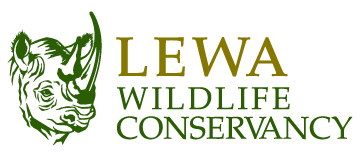Women all over the world remain vulnerable to poverty and exploitation. Owing to a history of gender discrimination, they are less likely to find work than men and often end up as low-wage workers. Moreover, women are less likely to have formal financial accounts through which they can access loans and establish savings.
Unfortunately, the financial situation is much worse for women in rural communities, such as those in sub-Saharan Africa. Rural women earn way less than men, and they often have limited access to income compared to urban women.
In rural Kenya, for example, loan programmes or jobs with decent wages are hard to come by, and women spend long hours doing menial household work like collecting water and firewood. Those working in agriculture do not even have a claim to the land they till. Ultimately, the situation deprives women of the option to make worthwhile investments using their earnings.
Through micro-credit, women are able to launch their own small business in agriculture and beyond. As they become financially independent, women are able to enhance their families’ livelihoods and contribute to improved standards of living. All these, in turn, bring positive changes to their communities and help sustain existing efforts in wildlife conservation.
Our Response
Lewa is committed to empower enterprising women through economic development opportunities. To this end, we launched the Women’s Micro-Enterprise (WME) programme in 2001, with the first credit rolled out in 2003. During the past few years, we have been able to expand the reach of the programme with major support from the Women’s Microfinance Initiative (WMI), a US-based non-profit providing financial inclusion for rural women in East Africa (wmionline.org) and KIVA (kiva.org), an international nonprofit, founded in 2005 in San Francisco, with a mission to expand financial access to help underserved communities thrive.
Aside from receiving capital and training, women also learn the importance of environmental preservation and wildlife protection.
Lewa has been accelerating the potential of women through:
– Access to microloans to jumpstart small businesses. Using these loans, they are able to start small businesses, such as retail shops, butcheries, flourmills, dressmaking and tailoring, poultry rearing, and buying and selling cereals and livestock. Women form groups to ensure collective borrowing, which helps guarantee higher repayment rates.
– Business education and skills training.Lewa provides women entrepreneurs with the support they need through experiential training. This involves visits to other micro-businesses in the area and a two-week business-management training.
Real Women, Real Stories – How our Micro-Credit Programme is Improving Livelihoods
| Our Impact |
1,800
Women in our micro-enterprise programme.
11M
Kenyan Shillings were disbursed to women in 2017.
90%
Repayment rate is maintained through the program.



